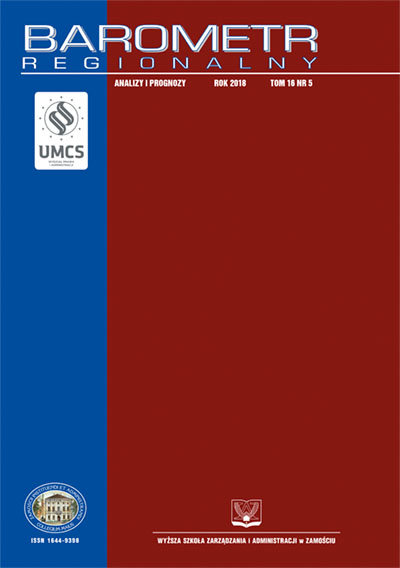Wniosek o wyłączenie sędziego w sprawach cywilnych. Rozważania na tle aktualnej praktyki stosowania prawa
Exclusion of a Judge Referred to in the Act — the Code of Civil Procedure. Considerations Based on the Practice of Applying the Law
Author(s): Tomasz DemendeckiSubject(s): Law, Constitution, Jurisprudence, International Law, Economic policy, Government/Political systems
Published by: Akademia Zamojska
Keywords: the right to court;judge independence;procedural guarantees of judicial independence;impartial court;objective judge;exclusion of a judge;motion to exclude a judge;“exclusion of court”
Summary/Abstract: The right to court is one of the autonomous, fundamental rights and freedoms of each entity. Its correct implementation depends on ensuring access to an objective and just court, in which the whole bench and its individual members are impartial and objective, using the principle of independence. Among the basic guarantees of judicial independence in every court proceeding is the institution of exclusion of a judge, in relation to civil proceedings regulated in the provisions of art. 48 Code Civ.; fundamentally constructed in two ways, as the exclusion following from the law and at the request of the judge or party/participant in the proceedings. The research goal set by the author of this study remains to determine whether the request to exclude the judge referred to in the Act, the Code of Civil Procedure may be the basis for excluding a specific group of judges or all judges of a given court in abstracto. These considerations are based primarily on the analysis of jurisprudence and doctrinal views. In the civil procedure, the legislator did not regulate the institution of the “exclusion of the court,” only the individual judge can be excluded because of circumstances justifying the impartiality of the judge in the case (Article 49 of the Code Civ.). Besides it should be acknowledged de lege lata that the motion to exclude a judge may be effectively filed only with respect to the judge or judges who have been appointed to hear a particular civil case. It cannot directly affect the other judges of the court, because the judge cannot be excluded in abstracto for the future. In particular it should be acknowledged that the judges mentioned in the motion concerning exclusion of all the judges of a given court — those who had not been appointed to hear a particular case — can examine this motion as it does not concern them directly. In addition, de lege ferenda intervention by the legislator seems necessary. The legislator should find a remedy for attempts to obstruct trial by means of the use of motions to exclude a judge. It seems that in the Polish civil process even the construction of an abuse of procedural law could significantly affect the solution of the problem of filing, in civil proceedings, unreasonable motions that are deliberately intended to delay the ongoing civil proceedings.
Journal: Barometr Regionalny. Analizy i Prognozy
- Issue Year: 16/2018
- Issue No: 5
- Page Range: 147-159
- Page Count: 13
- Language: Polish

